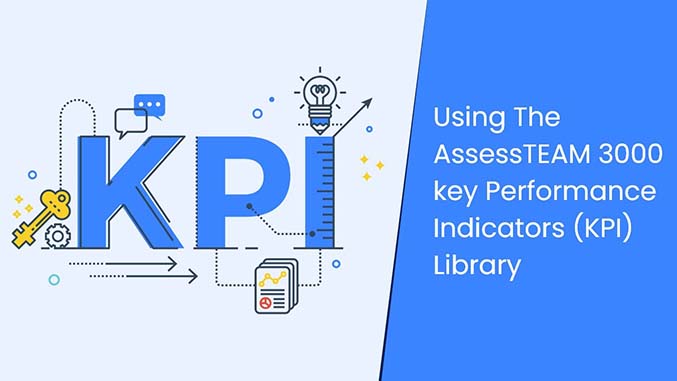Effective performance management requires a balanced approach to employee performance evaluations and assessments. With the help of the proper performance evaluation tools, employers have the opportunity to take a closer look at each team player’s contribution to the department and the organization as a whole, and how their potential can be maximized for the good of the company. Too many organizations don’t take performance evaluations as seriously as they should, putting the process way down their priority list when it should be one of the main driving forces of policy and system reforms.
- Developing the appropriate performance evaluation tools – This can be in the form of a standard evaluation sheet that contains basic performance assessment areas tailored for each department’s and individual employee’s KPIs. This will help you gain more relevant and meaningful insights that you can use to improve your overall working system and in turn, organizational performance.
- Identifying performance measures – These are standard performance measures that help objectively evaluate each team member’s job performance and cut down the time wasted in filling out evaluation forms. The identification of performance measures is often the most time-consuming aspect of developing an effective performance management system, but it is also one of the most vital. An employee’s job description alone can be a good basis for this.
- Setting guidelines for feedback delivery – Good managers know how to deliver feedback well, be it negative or positive. When it comes to performance evaluations, balanced feedback is necessary so good qualities are highlighted and expectations for improvement can be outlined and at the same time stressed for the betterment of the person, the team, and the organization in general.
- Creating termination and disciplinary procedures – An effective performance management system requires actionability, without which all other performance evaluation tools developed will be futile. Disciplinary measures like verbal and written warnings must be created and implemented along with termination guidelines to ensure proper enforcement of performance management.
- Create a set evaluation schedule – A performance evaluation system shouldn’t be complete without a set period of assessment and implementation of disciplinary procedures. This allows improvements and adjustments to be made in each worker’s performance to help ensure improvements in the organization’s bottom line.
- Transparent communication and collaboration – Superior managers know that the way to ensure the successful outcome of any project is through clear, transparent goals and objectives. Your team cannot meet performance objectives or goals if you do not make them as clear as they need to be in order for your employees to understand them. Oftentimes, employees will not come forward to ask questions when they are confused about a goal that is unclear. They may even be embarrassed to ask to follow up questions.
You can prevent this issue by providing goals and objectives that are as clear and concise as possible. You can set definitive goals by using a goal tracking software or creating charts with objectives around the office. Sending out emails to each team member or distributing flyers is also a good way to help your team better understand what is required of them. Whether using one or all of these suggestions, it’s important to repeat the message often so that it sticks with your employees. Visuals provide your team with references when needed. Most importantly, conduct regular meetings with your team to keep track of progress. - Set Regular Meetings to Discuss Outcomes and Results – It’s important to set aside time to meet with your team to check in on how things are going with the goals and objectives you have set for them. These progress meetings can be held weekly or monthly, or as often as you feel they are needed. It’s also important that you establish beforehand with your team that these meetings are mandatory. Doing so helps you to ensure that progress feedback is accurate among team members, allowing you to work together for plans to move forward. Keep in mind that you should never host a meeting just for the sake of hosting a meeting. You need to have relevant issues to address, or other important items to discuss. When hosting these meetings, make sure you have a clear idea of what it is that you want to cover with your team.
 Utilize Performance Management Software – If you are not already utilizing a performance management software, the question begs to be answered…why not? It’s probably time to consider using one. If you already have performance management software, then ask yourself these questions:
Utilize Performance Management Software – If you are not already utilizing a performance management software, the question begs to be answered…why not? It’s probably time to consider using one. If you already have performance management software, then ask yourself these questions:
-Is it saving you time?
-Does it have high employee engagement?
-Does your team often have complaints about it?
If you can answer yes to any of these questions, then it’s time for an upgrade. Chances are your software has become outdated or obsolete. If you need to streamline your performance management strategies, it is imperative that you begin using good performance management right away. Be sure to choose one that can offer you both 360 and traditional reviews, is employee-friendly, encourages employee development, and has a user-friendly dashboard that’s easy to use. Investing in the right performance management software allows you to stay in control of things to keep your team and your business operating smoothly and efficiently at all times.



